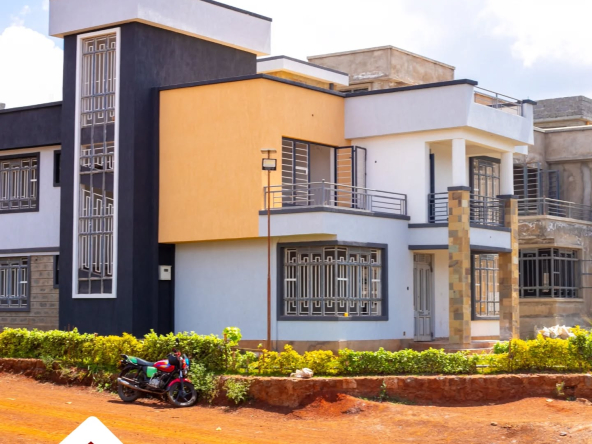Understanding the Opportunity
Kenya’s commercial property market is undergoing a subtle yet powerful transformation. From the skyscrapers of Upper Hill to the booming industrial parks in Athi River, investors are increasingly eyeing Kenya as a viable location for long-term returns. Buying commercial property in Kenya has become more than a prestige move — it’s now a strategic financial decision shaped by population growth, digital expansion, and infrastructural progress.
The question is no longer if to invest, but how. And getting it right means understanding more than just the property’s square footage. It means grasping market cycles, zoning regulations, title risks, and future demand triggers.
Why Commercial Real Estate in Kenya Is Gaining Traction
Kenya’s urban population is expected to hit 50% by 2030, with cities like Nairobi, Mombasa, and Kisumu seeing massive infrastructure upgrades. This urbanization is driving demand for malls, office spaces, logistics centers, and tech parks. Moreover, the country’s relatively stable political climate and growing middle class have created a reliable tenant base — a key indicator for any investor.
According to the Kenya National Bureau of Statistics (KNBS), the real estate sector contributed 10.3% to the GDP in 2023, with commercial property accounting for a large chunk of this figure.
Read Also: Willstone: The Cornerstone of Kenya’s Real Estate Evolution
Key Areas to Watch
- Westlands & Kilimani (Nairobi): Ideal for office blocks and co-working spaces due to proximity to the CBD and high-income demographics.
- Syokimau & Athi River: Fast-growing for warehousing and logistics due to SGR and airport access.
- Ruaka & Thika Road: Suitable for mixed-use commercial properties and retail plazas.
- Nanyuki & Naivasha: Emerging commercial corridors due to industrial growth and tourism linkages.
What Investors Must Consider
1. Zoning and Land Use Restrictions
Before you buy, ensure the land or property is zoned for your intended commercial use. Nairobi and its satellite towns now have more sophisticated zoning by-laws, and violating them can attract penalties or demolition.
2. Leasehold vs Freehold
Most commercial properties in urban areas are under leasehold tenure (typically 99 years). It’s critical to verify title status and any renewal clauses with the Ministry of Lands or through a property lawyer.
3. Financing
Kenyan banks offer up to 70% LTV (Loan-to-Value) for commercial property mortgages, but terms vary greatly. Consider working with financial advisors who understand the niche.
4. Tenant Demand
Don’t just assume demand exists. Study local business density, anchor tenants in nearby properties, and vacancy rates. For instance, Class B offices in Westlands recorded 18% higher occupancy in 2024 compared to Class A, according to Cytonn’s Real Estate Market Review.
5. Compliance and Licenses
From NEMA approvals to county permits and fire safety certifications, you need a full checklist to remain legally compliant.
Risks to Keep in Mind
- Inflated valuations in Nairobi’s high-end segments post-COVID
- Currency depreciation affecting foreign-denominated lease agreements
- Shifting tenant preferences towards flexible working spaces
The Digital Influence: What’s New?
With the rise of Kenya’s digital economy — including e-commerce, fintech, and remote work — investor focus has shifted:
- Data centers and tech hubs are springing up in areas like Ngong Road and Kiambu.
- Retail demand is moving online, reshaping how malls allocate space (e.g., more pick-up stations, fewer traditional shops).
- Logistics warehouses for online retailers are in high demand in peripheral towns.
Read Also: Using Home Equity to Finance Land in Satellite Towns: Is It Worth It?
Invest Smart, Not Just Big
Buying commercial property in Kenya remains one of the most lucrative avenues for medium- and long-term investors. But navigating this market requires more than capital — it calls for insight, location knowledge, and awareness of Kenya’s economic pulse. From zoning laws to digital transformation, smart investors will ride the wave, not just watch it.
Looking to make a move? At Willstone Homes, we offer personalized support for local and diaspora investors keen on entering Kenya’s commercial property space with clarity and confidence.
Contact Us
- Park Suites, 44 Parklands Road, Ground Floor, Suite 1, Willstone Homes
- +254711082011
- [email protected]





